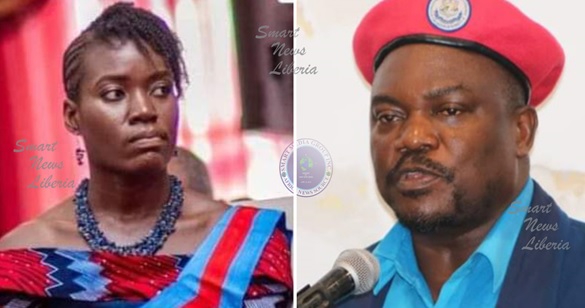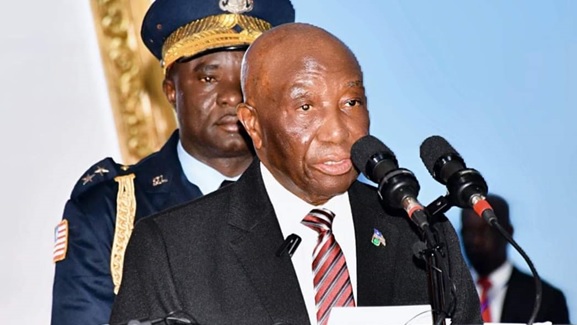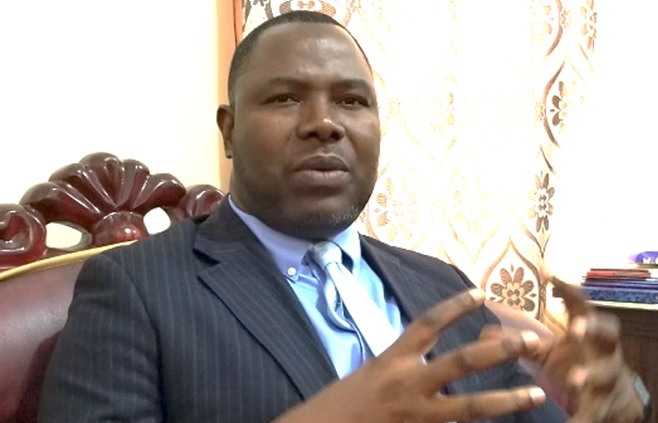LIBERIA – On Friday, July 26, 2024, the Coalition for Democratic Change (CDC), led by national chairman Atty. Janga A. Kowo, released a strongly worded statement criticizing the Independence Day remarks delivered by Dr. Robtel Neajai Pailey. Titled “Unwarranted Statements by the 177th Independence Day Orator,” the statement condemned Pailey’s critique of the United States, arguing that her speech was inappropriate for such a significant national occasion.
The CDC stressed that Independence Day speeches should promote unity and prosperity rather than engage in divisive rhetoric. Pailey’s remarks were described as unrepresentative of the broader Liberian sentiment, which appreciates the enduring alliance with the U.S. The party underscored its commitment to free speech but denounced any discourse perceived as an attack on the principles and values of the United States or Liberia’s diplomatic allies.
Additionally, the CDC criticized officials from the Boakai-Koung Unity Party Administration who supported Pailey’s remarks, labeling their endorsements as irresponsible and reckless. The statement argued that Pailey’s comments revealed a fundamental misunderstanding of both Liberian history and its longstanding partnership with the United States, which has played a critical role in Liberia’s development journey.
The CDC highlighted the historical support provided by the United States, emphasizing its contributions to Liberia’s growth through peacekeeping and reconstruction efforts, including ECOMOG, ECOMIL, and UNMIL initiatives. These interventions, they argued, have been pivotal in stabilizing and rebuilding the nation, and Pailey’s failure to acknowledge this support was seen as a grave oversight.
Furthermore, the CDC called attention to the necessity for Liberia’s leadership to take ownership of domestic challenges. They noted that issues such as infrastructure development, exemplified by the delayed construction of public parks, are the responsibility of national leaders rather than foreign allies. The statement suggested that blaming external partners for domestic shortcomings reflects a lack of patriotic leadership.
In addressing these issues, the CDC argued that Pailey’s speech was driven more by emotion than by a rigorous academic or intellectual foundation. They asserted that her claims lacked empirical evidence and failed to contribute constructively to national discourse, thus missing an opportunity to unite Liberians around shared goals and values.
The CDC concluded by urging a more productive national dialogue that celebrates Liberia’s achievements and acknowledges the crucial support of international partners, particularly the United States. They advocated for a forward-looking approach that focuses on strengthening relationships and fostering development.
Overall, the CDC’s statement calls for a refocusing of national conversations on peace, collaboration, and prosperity, criticizing any rhetoric that threatens to undermine these objectives.







